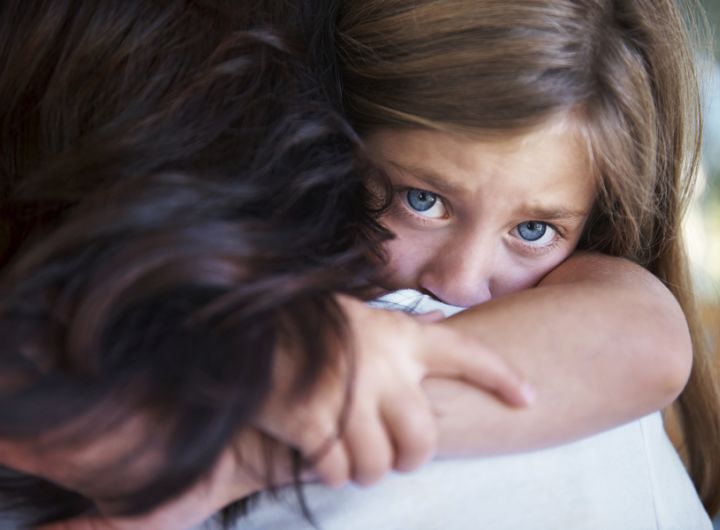
Yelling, the not-so-silent epidemic
Many parents now understand that there are problems associated with spanking kids (especially that it can make problem behavior worse). However, parents may not know what to do instead. If they’re lucky, they might have a vague idea about using “time-out”. But using time-out improperly, especially without knowing the importance of related parenting skills, strategies and principles, won’t necessarily work either.
Raising your voice can appear to be the answer, at least in the short term. Which is probably why anecdotal evidence suggests that yelling is increasingly the “go-to” discipline method, even if it is behind closed doors. This applies, even when parents are generally warm and loving, and across all socio-economic groups.
In a heartbreakingly honest opinion piece for the Huffington Post, author Rachel Macy Stafford wrote frankly about the day she realized how much damage her yelling was doing to her children and their relationship. Like many parents, the more stressed she felt, the louder and angrier she got.
Her story is echoed by many. When you’re stressed, you may find it hard to react calmly to problems. You might have explosive outbursts over little things; when angry, you may be more likely to criticize your child, or even feel like you’ve “lost control”, and then feel horribly guilty afterwards. This creates more stress, and so it goes.
Soon, you may find that most interactions with your children (and possibly your partner, too) are unpleasant for both of you, so you spend less time with them. That’s likely to make problems worse...obvious when you think about it, but part of being stressed is that you don’t have time to step back from the situation and consider the bigger picture.
The uncomfortable truth is that shouting at children is not a good option. Yelling at kids is linked to fighting and aggression, and increased oppositional behavior. And like most ineffective methods of dealing with problem behavior, the less it works the more extreme it can become. Harsh words and frequent criticisms take their toll, and can make people more prone to depression and relationship problems.
One of the ways Triple P helps parents is by demonstrating not just the “what” of typical parenting scenarios but the “why”. It’s very helpful for parents to understand why commonly-practiced types of discipline like yelling don’t work, especially over the long term, and why they often backfire by leading to more misbehavior. For example, even though it’s inevitable that parents will sometimes feel annoyed, when that is expressed by yelling or shouting, the result can be feelings of resentment and insecurity all around. The bad behavior gets worse, creating a self-perpetuating cycle.
There may also be more misbehavior because it’s being accidentally rewarded with more attention. Good behavior may become less frequent, and parents may forget to acknowledge their child when they do behave well, which again creates a negative cycle for the whole family.
There is now a wealth of research showing that children are likely to grow up happy and learn best what’s expected of them when their parents are warm and loving, yet able to guide children and set fair limits: when they are calm and consistent in their use of positive parenting strategies.
So, for the good of individual children and parents, and for society, let’s be clear. It’s all very well to say we don’t want parents to hit or yell at their kids, but if we still expect them to do a good job of parenting and setting boundaries, we need to provide everyone with ready access to alternative, evidence-based, effective skills and strategies.